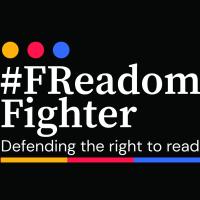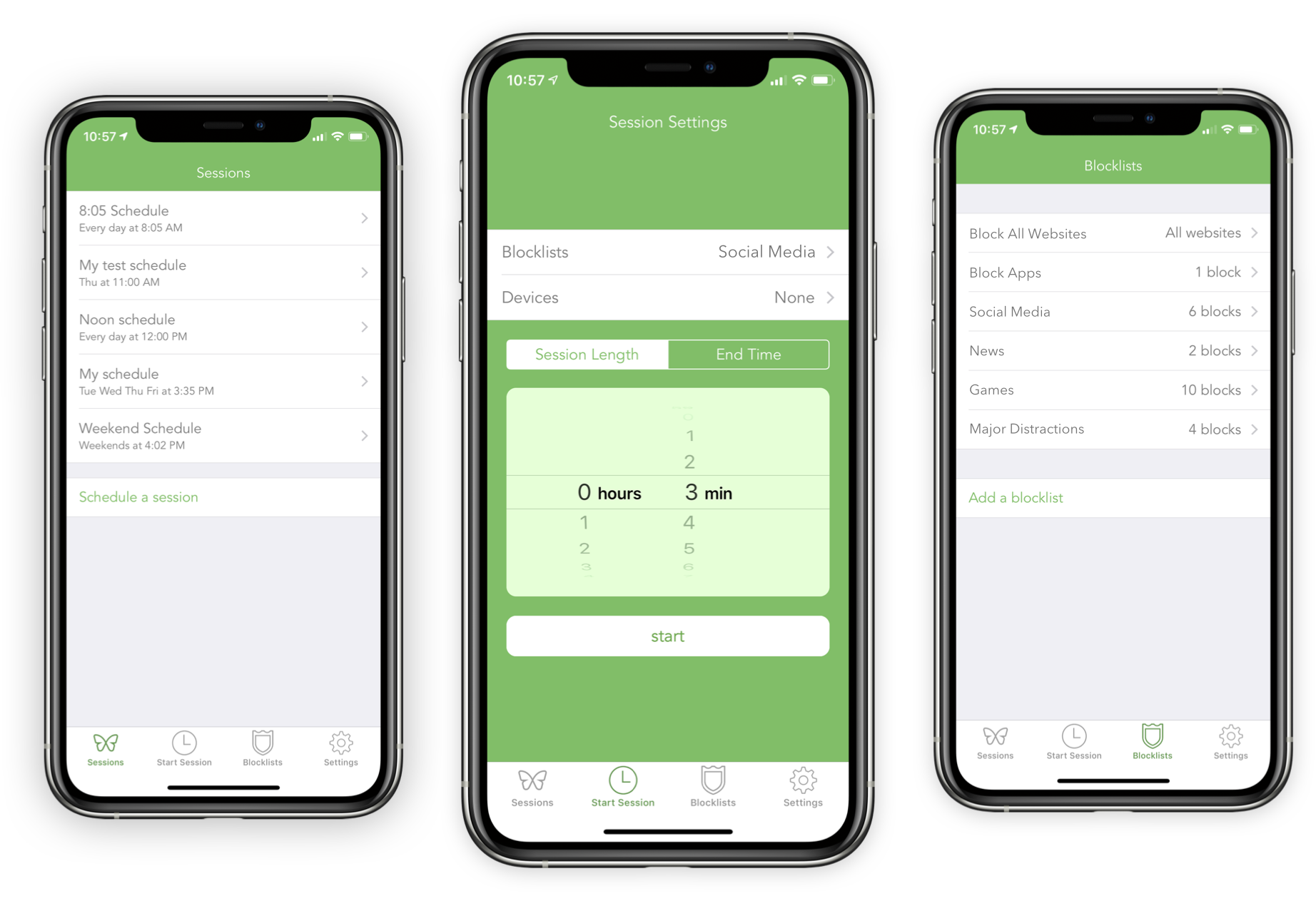

It is not clear whether any opposition is presented and whether a high level of scrutiny is visited prior to the directions for blocking being made. In most of these cases the defendants are a few websites, ISPs and Government Departments.
#Freedom website blocker movie
Here quite often file sharing and movie streaming websites are being blocked. The nature of the orders are interim injunctions on claims by content owners.

This is principally the High Court of Delhi and the High Court of Madras.

At the same time we find value in providing an initial analysis that confirms several points on the reasons for blocking, or the more recent instance of how the WeTransfer block was effected without proper transparency. While offering these inferences we would like to point out that this is a limited data set and is likely to display a bias given the total data field of all blocking orders is not publicly available. We have three preliminary inferences to share on these orders. Today we are publishing them for public knowledge and the wider research community. These contain more than 64 documents and provide explanations for the blocking of about 4398 websites. A whistleblower has provided orders sent by courts and government authorities to Internet Service Providers across India. Our continuing attempts to increase transparency around this issue received a boost. We have earlier explained the legal position in respect of porn websites, how sometimes blocking is inconsistently done at the ISP level, and done a preliminary analysis of the s everal orders we had received through RTIs. Sometimes, even the persons who run these websites do not have knowledge as to the reasons and the legal authority which has directed the blocking of websites. Ordinary Indians who access the internet - which is a public resource - still do not know the reason why a specific website is blocked. Website blocking is a complex issue which seems to be growing in severity only with time.

Public Disclosure : reducing secrecy and opacity As per our initial analysis a majority of website blocking being done due to copyright claims and court orders. We are making them available online as they form an essential resource for the public and researchers. A whistleblower provided us with a cache of blocking orders for more than 4000 websites issued in India.


 0 kommentar(er)
0 kommentar(er)
